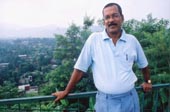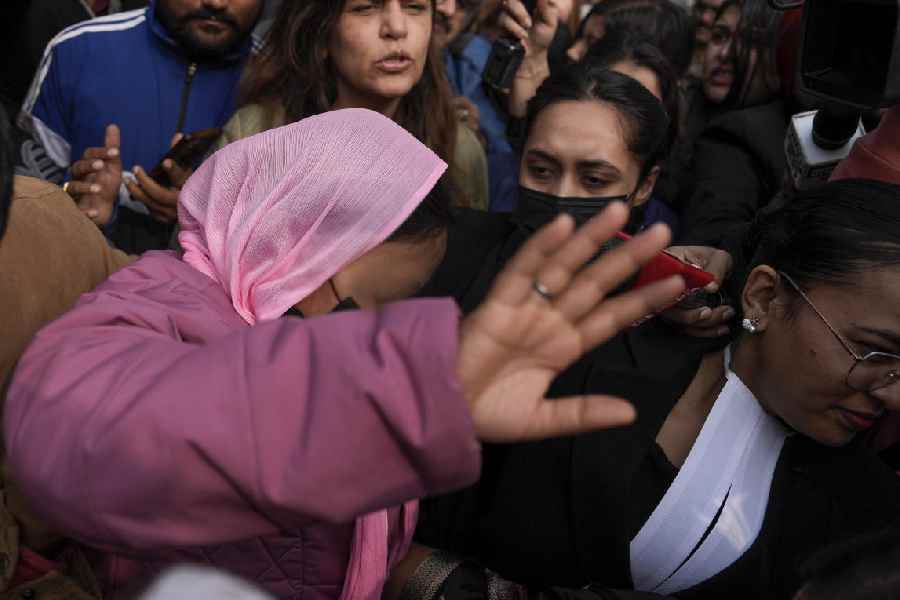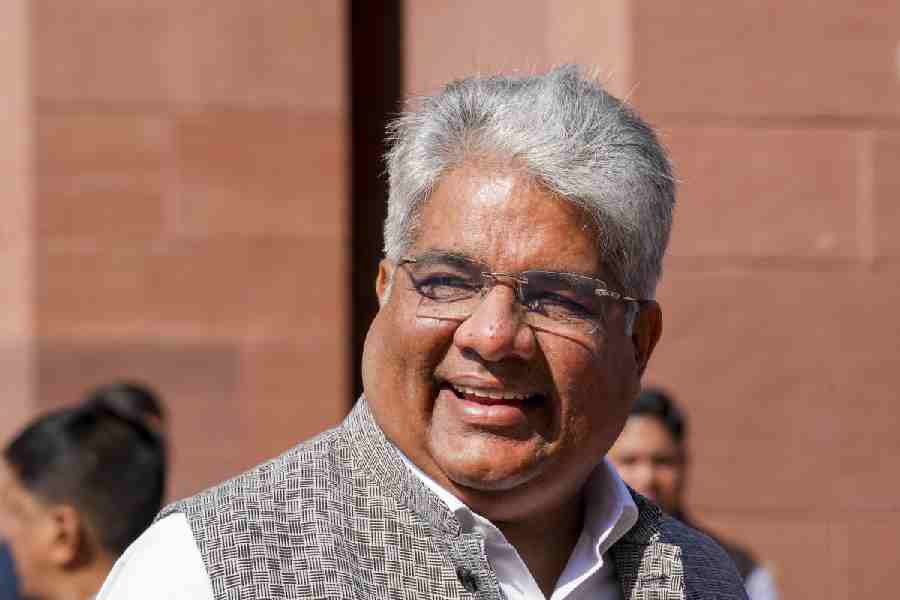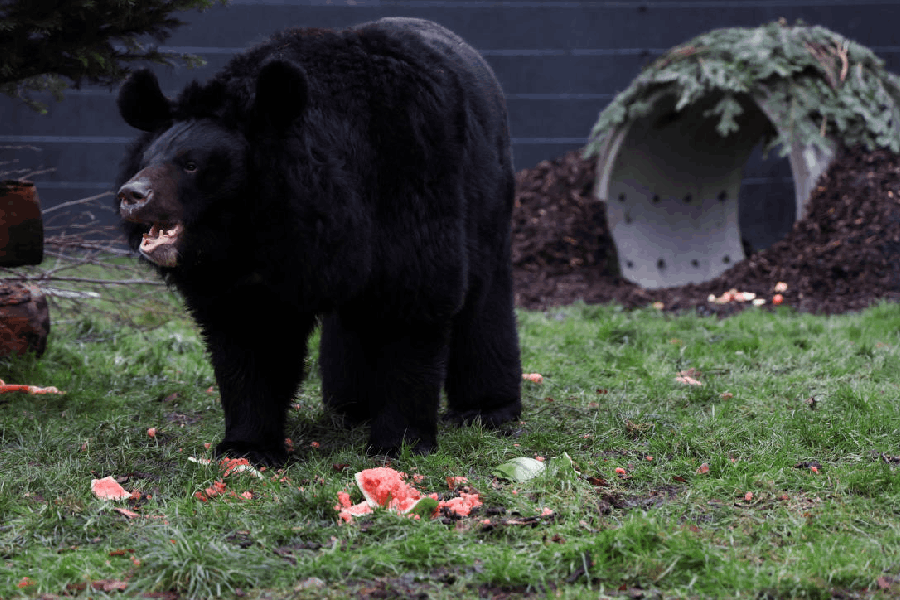 |
Nature and art have been his passion. As an adolescent he waded through Dikhow river near his home in Nazira to visit the lush green woods. The woods were lovely, dark and deep, and he had promises to keep. As a college student he meticulously chiselled the tableau in Saraswati Puja. But after an engineering degree he began work on the launch of a textile industry.
Twenty-three years later, the man still remembered the promise he had made to the woods. And thus took shape his debut feature film Juye Poora Son. Filmmaker?s Sanjib Sabha Pandit?s love for nature earned him rich dividends as Juye Poora Son went on to win the national award for the best film on environment conservation and preservation.
?Some 16 years back I roughly sketched the story of Juye Poora Son. And in 2002, because of a personal mishap, for which I went through tremendous mental agony, I decided to drain my remaining energy into some aesthetic work,? says Pandit. ?Thus, the film is an attempt to tell a tale of human courage and strength to raise above all adversities and to tread a path for oneself, accompanying his fellow beings and environment in this vast world.?
At a time when too many Assamese films add too little to the corpus of human self-knowledge, his film is a sensitive depiction of man in his fight to save his fellow beings and the degrading environment. Producer and director of the film, Pandit, also penned the story, script and dialogues for the film. ?My film is the result of the efforts of all the people who are directly or indirectly related to the film,? he says. ?So I dedicate this award to all the team members of the film.?
Born in Shillong on June 11, 1957, Pandit has spent the best part of his growing years in his ancestral home in Nazira. ?During my childhood I have sensed the very essence of rural life with intimate proximity with dense forest life and gurgling music of the river beds,? he speaks with a tinge of nostalgia.
After matriculation, he joined Cotton College. ?I was blessed to be a part of Cotton College at that time when the best students came there to study,? he says. ?Cotton was a place where I came across some seniors whose love and dedication towards their work left a lasting impression on my mind. And there I learnt that to create something worthwhile one has to go through the process of churning of both the mind and the body.?
After passing out of Cotton College, he joined the department of mechanics in Assam Engineering College. During his graduation days, he was stirred with the idea of setting up of an industry where the indigenous art and craft of Assam could be suitably used.
Thus, he took up the job of lecturer at the engineering college to turn his dreams into reality.
 |
His dream came true with the establishment of Assam Polyester Co-operative Society Limited (APOL) Fabrics under the guidance of Uma Nath Sarmah and support from other team members.
He left his job as a teacher in 1987 and completely engrossed himself in APOL Fabrics as its managing director. His genius and relentless work made APOL fabrics a Rs 25-crore industry, which also provided employment to thousands of people.
?Two years back when I quit my job at APOL Fabrics because of some serious disagreement, it was like abandoning my own child whom I cared and nurtured since infancy,? he says. But he marched ahead keeping his spirits alive and went to make his first film.
The cinephile clearly remembers his powerful portrayal of Kushal Konwar in Jhanu Barua?s Kushal. Barua, who is legendary for his perfection, tested some 250 actors in two years in almost 20 places for the role of Kushal Konwar and his search ended in the veranda of Sabha Pandit?s house in Guwahati.
?Acting is not my forte. After Kushal, I did two telefilms and the experience is not very good,? he says. ?Wearing the cap of director is not only a responsible job, but aesthetically more pleasing and a director must be a sensitive person to visualise the scenes one-by-one and put them into celluloid.?
A thoughtful soul, Pandit has written two books in Assamese and is busy working on his forthcoming book, a biography of Pratima Pandey Barua. Greatly disturbed by the deterioration of the education system where the students only learn the art of memorisation, Pandit established the Assam Jatiya Vidyalaya, with some like-minded people in 1994. ?It is not that I want to change the whole world, that is something utopian. But yes, I would like to put some amount of positive work to guide the world ahead,? he muses.
Moved by the suffering of animals during their journey to the slaughter house, Pandit designed and constructed a humane mode of goat transportation in the city. ?I rate this work of mine as the greatest achievement of my life,? he says.
?It seems that the process of dehumanisation is continuously killing the whole social fabric. And what we need is to go back to our roots and understand our true place in this vast universe,? he professes.
?To be rooted is to understand the fellow beings and to respect other aspects of the environment,? he says. ?Only trees do not make up the entire environment. If we are not sensitive towards the suffering of animals, then all the talks are meaningless.?At present, busy in his newly founded textile industry Vibgyor, Pandit?s favourite pastime is to get himself drenched in the rain and swim across a river.
His work is a representation of his honesty, clarity, enthusiasm and his earnestness to give something valuable to society.










